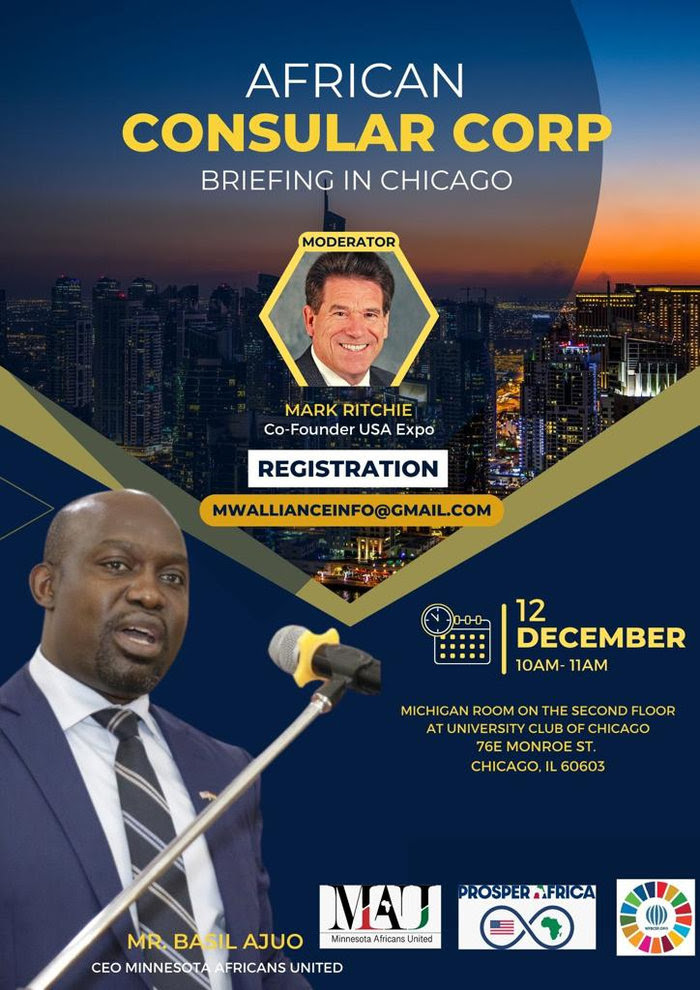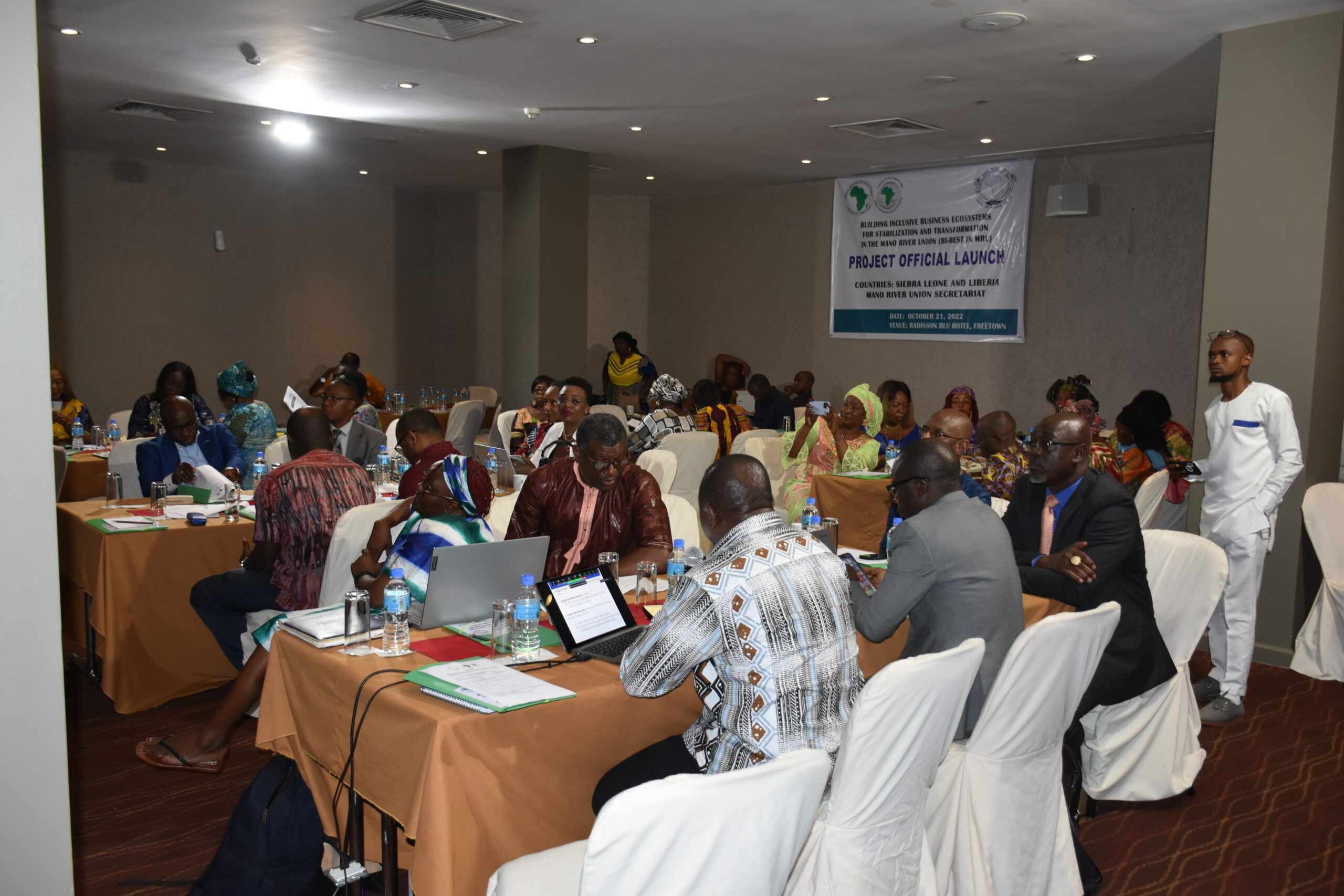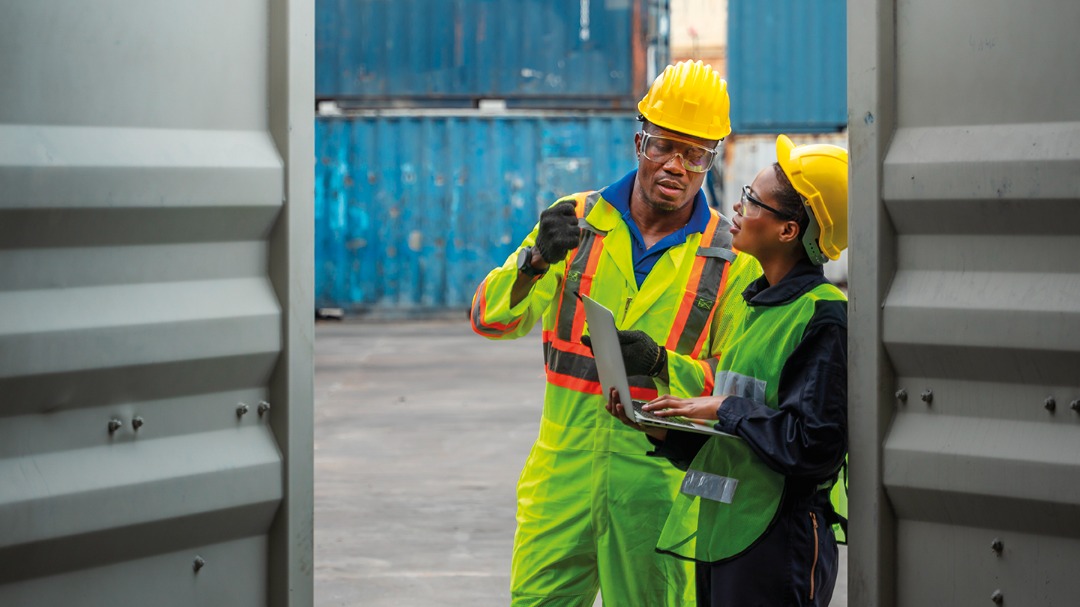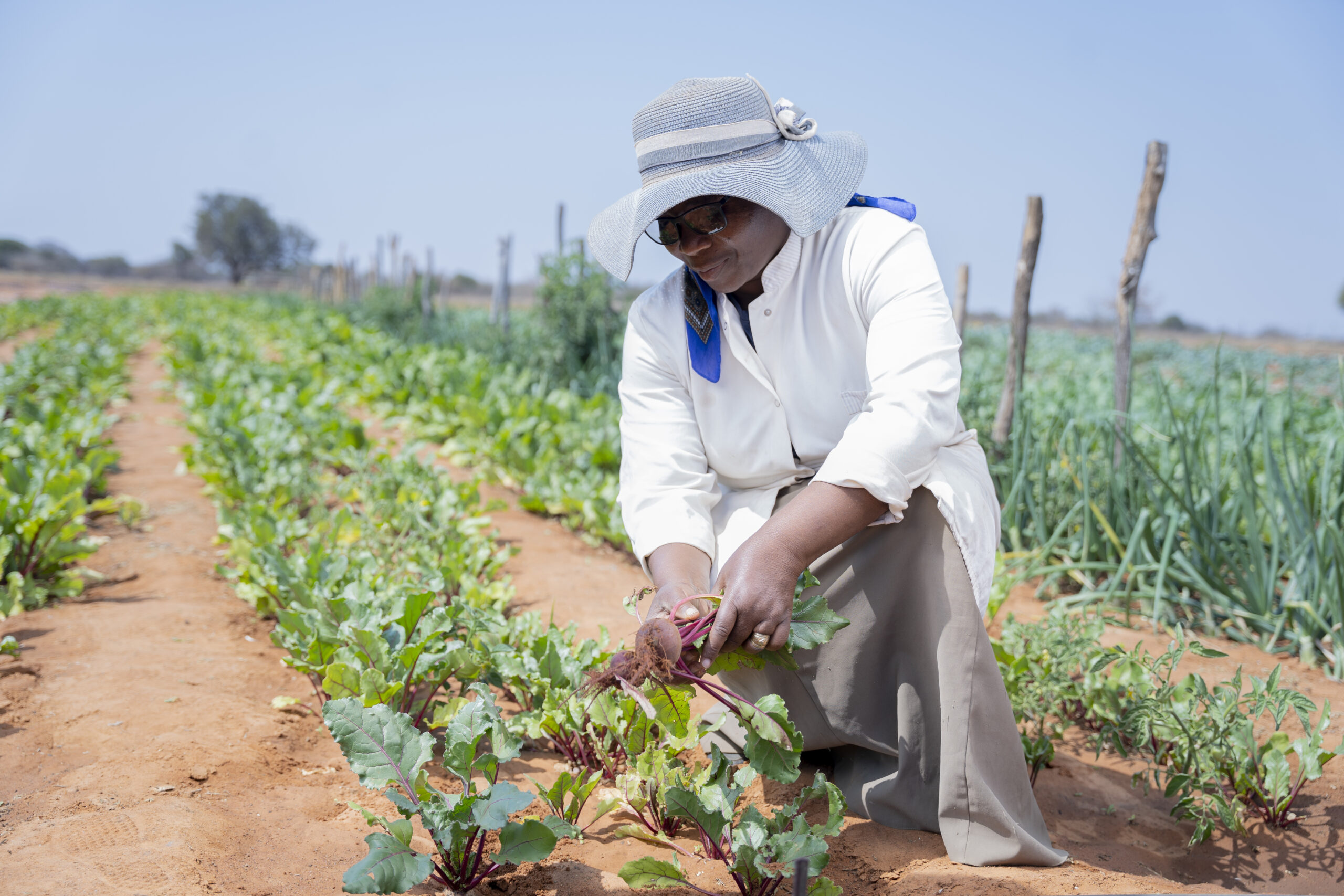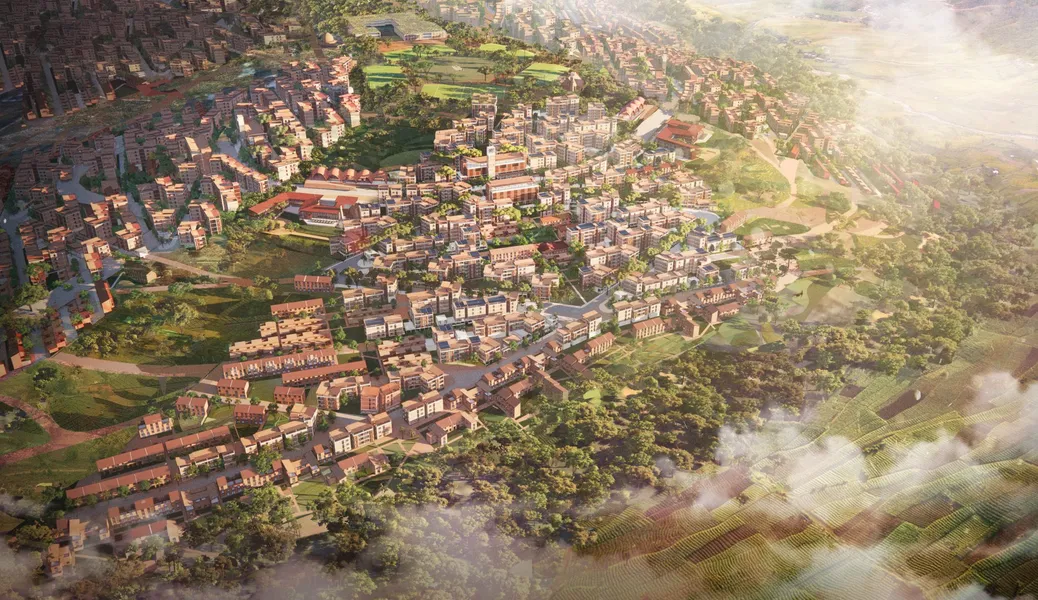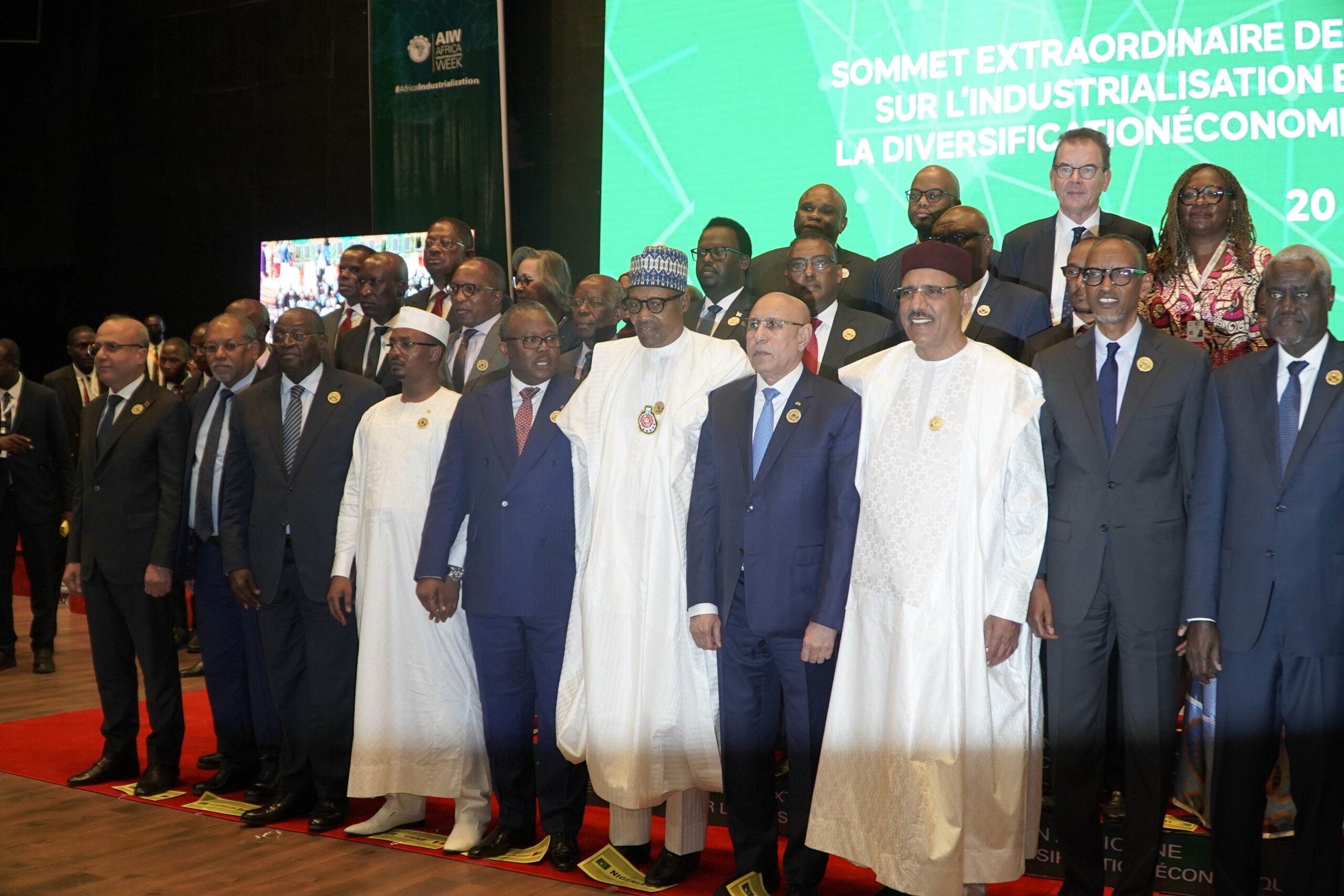Africa’s decades long trailing behind the rest of the world in terms of industrialization is a thorny issue that has attracted comments from various development economists and experts.
In order to scale up industrialization efforts, they contend, Africa needs a well crafted and strategic 21st Century industrial policy. Increased investments in logistics, transportation and infrastructure which are non-negotiable they contend, must underpin the industrial policies of the various African countries.
On Special Economic Zones(SEZs) even though they admit can contribute to Africa’s economic development, but they are quick to caution, that foreign companies with investments in the Zones should have a positive spill-over effect on local companies through supply value chain linkages.
This, in their opinion, could help local companies to benefit from technology transfer, capacity building and for that matter, their growth needed to positively impact local economic development. The foreign and local joint ventures paradigm they highly recommend ought to be pursued seriously with reasonable support from the public sector.
Foreign Direct Investment(FDI) they argue, should be properly linked to the local companies and for that matter, the economies of the host African countries. Through this way, local African economies could benefit from the positive impact of the operations of foreign companies for shared gains and prosperity.
Without win-win approaches, they caution, African countries could be faced with the situation whereby incoming foreign companies continue to maximize gains and prosperity from their operations to the disadvantage of the gross national economies of the host countries..
Such a situation in their opinion, wouldn’t engender the much expected contribution of FDI to the growth and development of the economies African countries. More foreign direct inflows into African countries without proper linkages to their local economies, expert views say, wouldn’t necessarily lead to economic development.
Promoting and supporting domestic investments ought to be equally taken seriously within Africa’s 21st Century industrial development policy frameworks they also advocate.
That Africa has for decades been missing out in terms of heavy machinery and other industrial goods manufacturing and only confined mainly to raw material exports, is no understatement .The experts contend, Africa’s attention shouldn’t be too much focused on catching up with the rest of world in this area as the odds are not in favour of Africa in thus turbulent world.
Within Africa’s 21st Century industrial policy frameworks they recommend the continent must rather pay special attention to industry without smokestack as an area to employ for scaling up the continent’s industrialization ambitions. A well balanced and integrated heavy smoke manufacturing and industry without smokestack ,approach, is also recommended.
They recommend more involvement of local companies, in light industrial manufacturing through the SEZs and where foreign companies are also much involved . They also recommend Africa could also take due advantage of her competitive edge in agriculture/agribusiness, horticulture, and natural resources extraction in which Africa abounds. They are however quick to emphasize prudent, ecofriendly and sustainable natural resources exploitation in African countries and ensuring they don’t get trapped in the so-called resource curse.
In as much as we of the Ecoenvironews Africa magazine, wish to commend the AUC and all Free Zone Operators on the continent, we also would like to crave your indulgence to all times, be circumspect about points being raised by various development economists in Africa and around the globe.
Ecoenvironews Africa do take special note of the various insightful lectures on Africa’s industrialization and the underlying challenges by Prof John Page, Non-resident Senior Fellow – Global Economy and Development ,Africa Growth Initiative.
Africa’s most youthful continent status underpinned by an ever increasing high rate of youth unemployment should be a cause for concern to all and Africa must go all out to all use all available weapons to remedy the situation.
The Africa Continental Free Trade Area Agreement (AfCFTA) is a weapon Africa must hold on firmly and use it to the maximum advantage of the continent towards changing the narrative. Africa as continent has been abundantly favoured by nature and its people deserve.
Africa cannot afford to again underutilize this golden opportunity and for whatever reasons.


